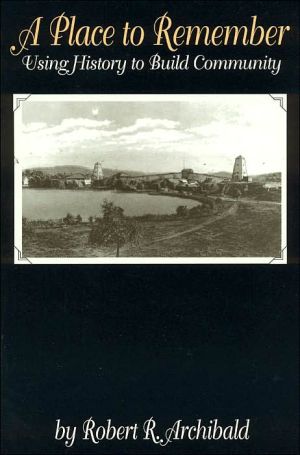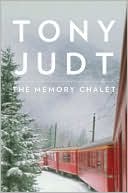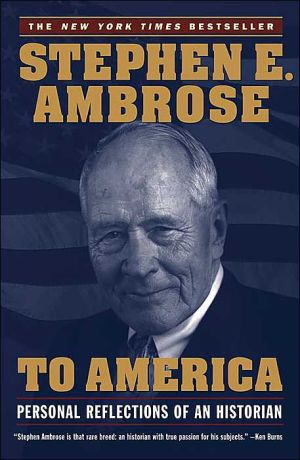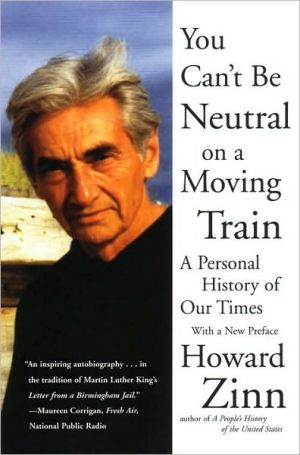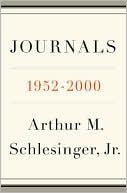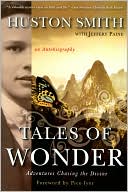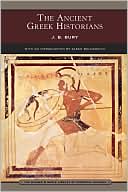Place to Remember: Using History to Build Community
Well-known public historian Robert Archibald's personal exploration of the intersections of history, memory, and community reveals how we participate in the making and sustaining of community as well as how we remember the community that shaped us. Writing in a rich literary narrative, Archibald blends local history, personal reminiscence, and an analysis of the changing meaning of community with a passionate call for more effective public history. A Place to Remember poetically illustrates...
Search in google:
Well-known public historian Robert Archibald's personal exploration of the intersections of history, memory, and community reveals how we participate in the making and sustaining of community as well as how we remember the community that shaped us. Writing in a rich literary narrative, Archibald blends local history, personal reminiscence, and an analysis of the changing meaning of community with a passionate call for more effective public history. A Place to Remember poetically illustrates how we are active participants in the past and the role and importance of history in contemporary life. Booknews Archibald has been president of the Missouri Historical Society for a decade, and of other such organizations previously. He combines local history, personal reminiscence, and an analysis of the changing meaning of community to describe how people participate in making and sustaining community and remembering the community that shaped them. He provides no index. Annotation c. Book News, Inc., Portland, OR (booknews.com)
Acknowledgments1Facing the Past92Remembrance263Somewhere in Time494Speaking with the Past685Common Ground876Values at the Core1097Intersections1358Friends and Colleagues1559Everybody's Business17910Facing the Future198A Brief Booklist222About the Author224
\ California Historian - Lois H. McDonald\ Archibald thinks that the time has come when public history organizations will be asked to take more responsibility in facilitating methods of doing public business. The skills needed to achieve consensus must inevitably take into account those experiences in the collective past which further understanding. His book is worth reading and studying by museum staffs and historical society boards, and I would urge that they circulate a copy and discuss it.\ \ \ \ \ Journal of American History - David Thelen\ This is a provocative book by an original historian whose personal voice and reflections will...grab readers...as human beings and historians at deeper levels than most books....My basic reaction was gratitude for being invited to think in fresh ways about problems all historians face as professionals and human beings.\ \ \ Utah Historical QuarterlyFor anyone interested in history, and especially those involved with local historical societies, museums, and archives or with the preservation of historic places and sites, A Place to Remember is a worthwhile and inspired reminder to step back for a moment to view the essential role of history in our lives and communities, how it gives meaning to the present and connects us to the future.\ \ \ \ \ American Historical ReviewArchibald's quest for a public history that can produce empathy is stimulating and important....Written for a broad audience....A thought-provoking and creative work.\ \ \ \ \ The Public HistorianThis is a book that challenges public historians to think differently about their work and to define the very purpose of history as a component of civic culture. Whether we agree or disagree with his methods and conclusions, Archibald has offered a new vision for the role of history in our society.\ \ \ \ \ Ian QuimbyPart meditation, part memoir, part social analysis, part panegyric, and a call to arms for all of us working in the field of public history.... Museums of all kinds would benefit from having key professional staff and trustees read this book.\ \ \ \ \ Katie H. ArmitageAs historical organizations, such as the Organization of American Historians, reach out to involve more teachers of history at the secondary level and those working in public institutions, this book presents a wealth of ideas and examples by an impassioned leader in the public history field.\ \ \ \ \ Journal Of American HistoryThis is a provocative book by an original historian whose personal voice and reflections will...grab readers...as human beings and historians at deeper levels than most books....My basic reaction was gratitude for being invited to think in fresh ways about problems all historians face as professionals and human beings.\ — David Thelen\ \ \ \ \ Kansas HistoryWhile Archibald's message is aimed mainly at public historians and covers topics and issues with which both public and academic historians have wrestled for years, it should appeal to any reader interested in sustaining diverse communities in a complex world.\ \ \ \ \ California HistorianArchibald thinks that the time has come when public history organizations will be asked to take more responsibility in facilitating methods of doing public business. The skills needed to achieve consensus must inevitably take into account those experiences in the collective past which further understanding. His book is worth reading and studying by museum staffs and historical society boards, and I would urge that they circulate a copy and discuss it.\ — Lois H. McDonald, Local Historian\ \ \ \ \ The American Historical ReviewArchibald's quest for a public history that can produce empathy is stimulating and important....Written for a broad audience....A thought-provoking and creative work.\ — Alison Landsberg, (George Mason University)\ \ \ \ \ BooknewsArchibald has been president of the Missouri Historical Society for a decade, and of other such organizations previously. He combines local history, personal reminiscence, and an analysis of the changing meaning of community to describe how people participate in making and sustaining community and remembering the community that shaped them. He provides no index. Annotation c. Book News, Inc., Portland, OR (booknews.com)\ \ \ \ \ The Public HistorianThis is a book that challenges public historians to think differently about their work and to define the very purpose of history as a component of civic culture. Whether we agree or disagree with his methods and conclusions, Archibald has offered a new vision for the role of history in our society.\ — Barbara Franco, (The Historical Society of Washington, D.C.)\ \ \ \ \ Journal of American HistoryThis is a provocative book by an original historian whose personal voice and reflections will...grab readers...as human beings and historians at deeper levels than most books....My basic reaction was gratitude for being invited to think in fresh ways about problems all historians face as professionals and human beings.\ — David Thelen, (Indiana University)\ \ \ \ \ Utah Historical QuarterlyFor anyone interested in history, and especially those involved with local historical societies, museums, and archives or with the preservation of historic places and sites, A Place to Remember is a worthwhile and inspired reminder to step back for a moment to view the essential role of history in our lives and communities, how it gives meaning to the present and connects us to the future.\ — Allan Kent Powell, Utah State Historical Society\ \ \ \ \ American Historical ReviewArchibald's quest for a public history that can produce empathy is stimulating and important....Written for a broad audience....A thought-provoking and creative work.\ — Alison Landsberg, (George Mason University)\ \
